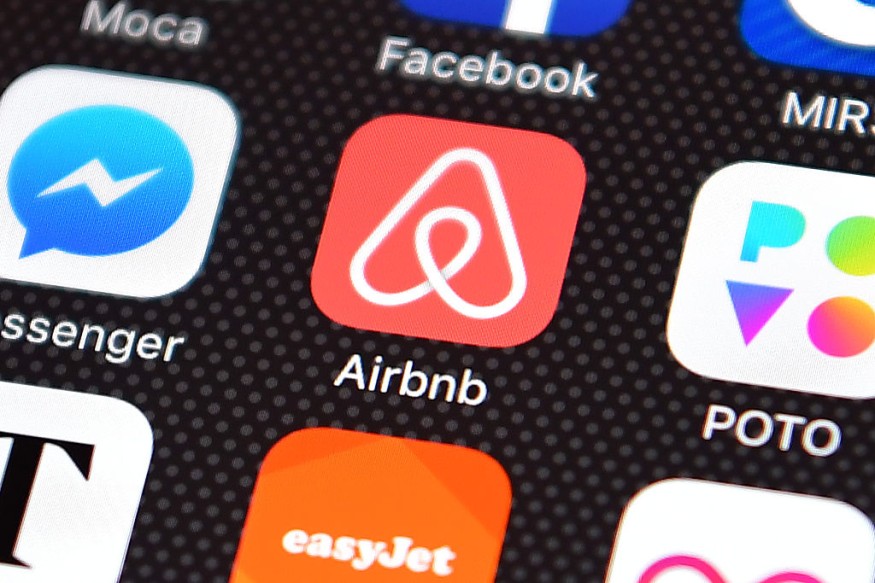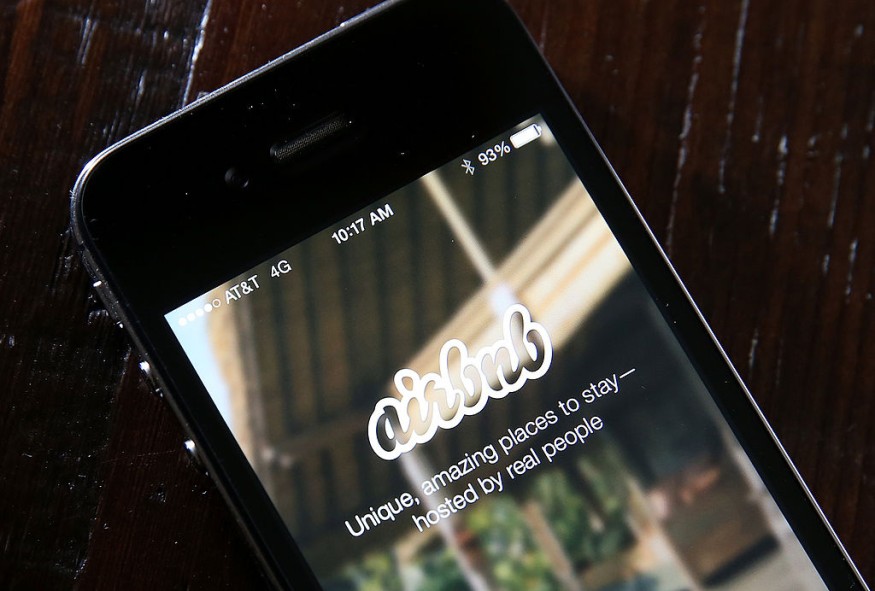
More Airbnb hosts turn their backs against the online vacation rental platform after Airbnb implemented the controversial "extenuating circumstances policy" during the early days of the COVID-19 pandemic.
When the health crisis hit in March 2020, the short-term rental online marketplace allowed customers to cancel their bookings with a full refund, leading hosts and owners empty-handed.
In an interview with "The New York Times," South Carolina-based host Lorraine Luongo shared how Airbnb affected her, and many unit owners were renting out their properties using the platform after the cancellation policy changes.
Ms. Luongo said that her ten properties listed in Airbnb lost $25,000 in reservations overnight.
"They're supposed to be valuing the hosts, but everything is more in favor of the guests," the 45-year-old host said.
Airbnb Extenuating Circumstances Policy

On March 14, 2020 - three days after the World Health Organization declared a pandemic brought by a coronavirus, Airbnb released and immediately implemented their "extenuating circumstances policy."
The sudden changes angered many hosts, who have initially decided on their own cancellation policies, which include non-refundable options. However, the new rule allowed all guests to cancel with a full refund, disregarding hosts' preferred cancellation policies.
Darik Eaton from Seattle, managing 50 properties listed in Airbnb, said that the guidelines forced him to lay off ten employees as he needed to adhere and give guests a full refund.
"I watched $77,000 disappear from my bank account in one day," Mr. Eaton said.
Because of the controversial policy, more business owners left Airbnb and tried looking for other platforms to continue their business. Ms. Luongo, for example, already created a listing for Airbnb's competitors such as VRBO and Golightly - a site for female travelers.
Meanwhile, others are trying to bypass Airbnb by directly booking their guests. According to a survey conducted by travel software company Hostfully, almost 25% of direct bookings were made by rental managers on the platform.
Legal Action Against Airbnb

Aside from driving hosts away from the platform, Airbnb is now facing multiple lawsuits against hosts seeking justice over their lost profit.
In November 2020, Ms. Luongo sought to reclaim the money she lost by filing an arbitration claim against Airbnb for breach of contract. According to Legal Rideshare lawyer Bryant Green, more than 10,000 listings are pursuing legal action against Airbnb.
Airbnb host Anthony Farmer also files a class-action suit against the company. The complaint accused Airbnb of breach of contract, fiduciary duty, and violation of consumer protection laws. The case also attempts to override Airbnb's arbitration terms.
Rebuilding Hosts' Trust
According to Airbnb chief executive Brian Chesky, he is aware of the rising tension with the hosts but claims its relationship with them has improved compared to last year.
"We have a lot of work to do, and frankly, they're still hurting," he said.
The CEO also earlier apologized to hosts and said: "We have heard from you, and we know we could have been better partners."
The company also vowed to allocate a $250 million fund to cover some cancellation costs and another $10 million relief fund for the affected hosts.
Meanwhile, Airbnb's head of hosting, Catherine Powell, said that its relationship with the hosts improved by 17 percent from January last year.
"Our relationship with hosts is incredibly important. Our hosts are what powers Airbnb," Powell added.
© 2025 Realty Today All rights reserved. Do not reproduce without permission.



